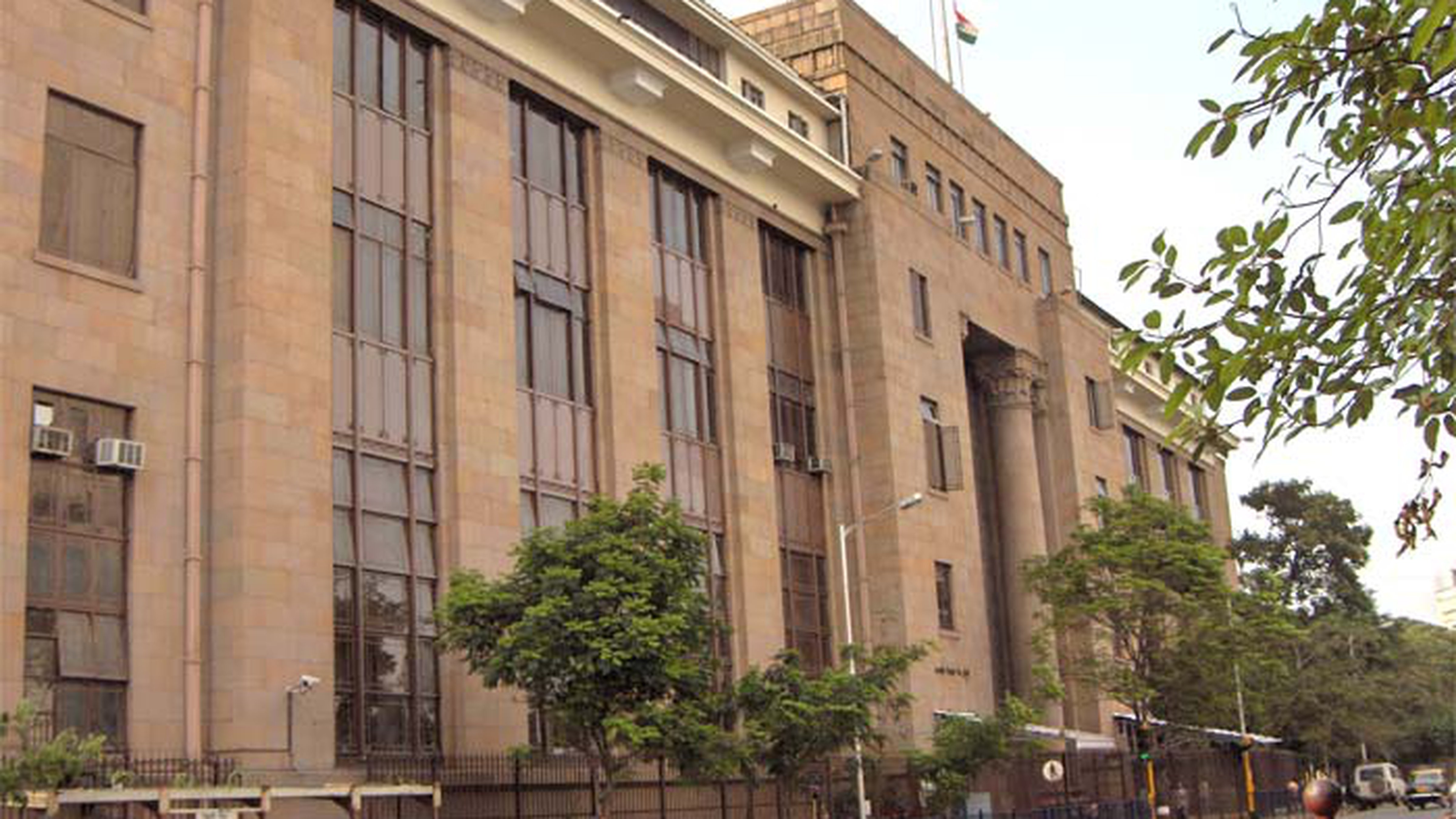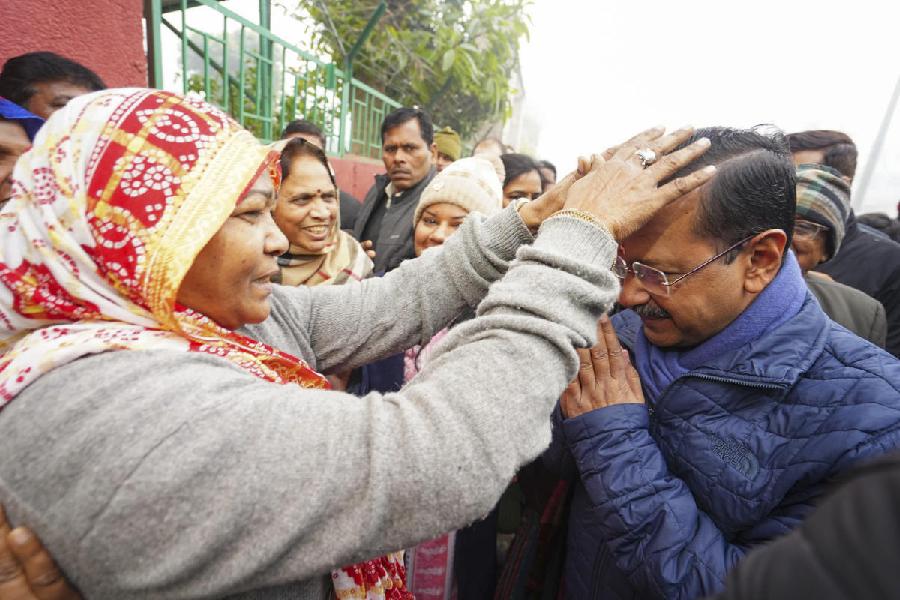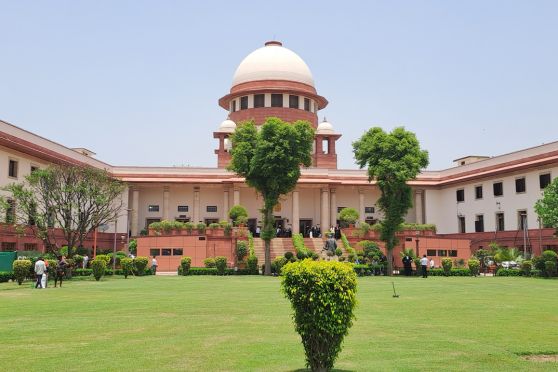The RBI on Thursday cut interest rates for the third time this year by 25 basis points to its lowest level in nine years and signalled more easing as it looked to support an economy growing at the slowest pace since the BJP first came to power in 2014.
The regulator cut the repo rate to 5.75 per cent and reverse repo rate to 5.50 per cent and expected banks to transmit these to home, auto and other loan borrowers faster.
With all the six members of the monetary policy committee voting unanimously for a rate cut and switching of its stance to 'accommodative' from neutral, RBI governor Shaktikanta Das said the shift in the stance meant that an increase in interest rates is 'off the table.'
He wanted banks to expedite the transmission of the current reduction in rates as well as similar ones that happened in February and April.
In three back-to-back bi-monthly monetary policies, the RBI has lowered interest rates by 75 basis points (0.75 percentage point).
With India's GDP growth slipping to a five-year low of 5.8 per cent in the January-March quarter - the first instance of growth falling below China's in last few quarters - the RBI lowered its growth forecast for the economy to 7 per cent from the April view of 7.2 per cent for the 2019-20 April-March fiscal year.
'Growth impulses have weakened significantly,' the RBI said in the monetary policy statement.
The reduction in interest rate will help boost credit growth, helping arrest the slowdown in the economy ahead of the new finance minister Nirmala Sitharaman presenting the new government's first budget next month that is widely expected to announce measures to generate jobs and revive the economy.











